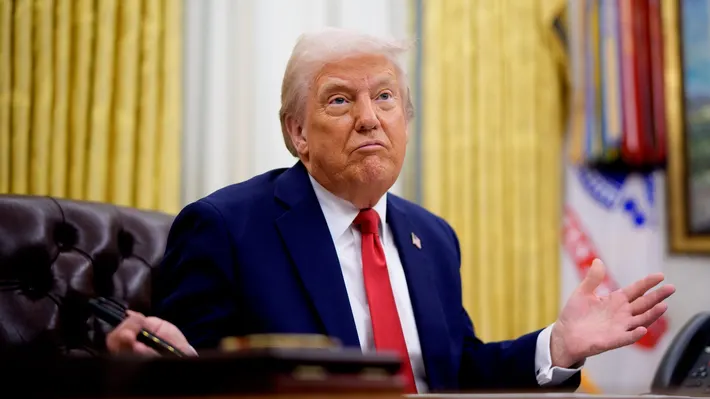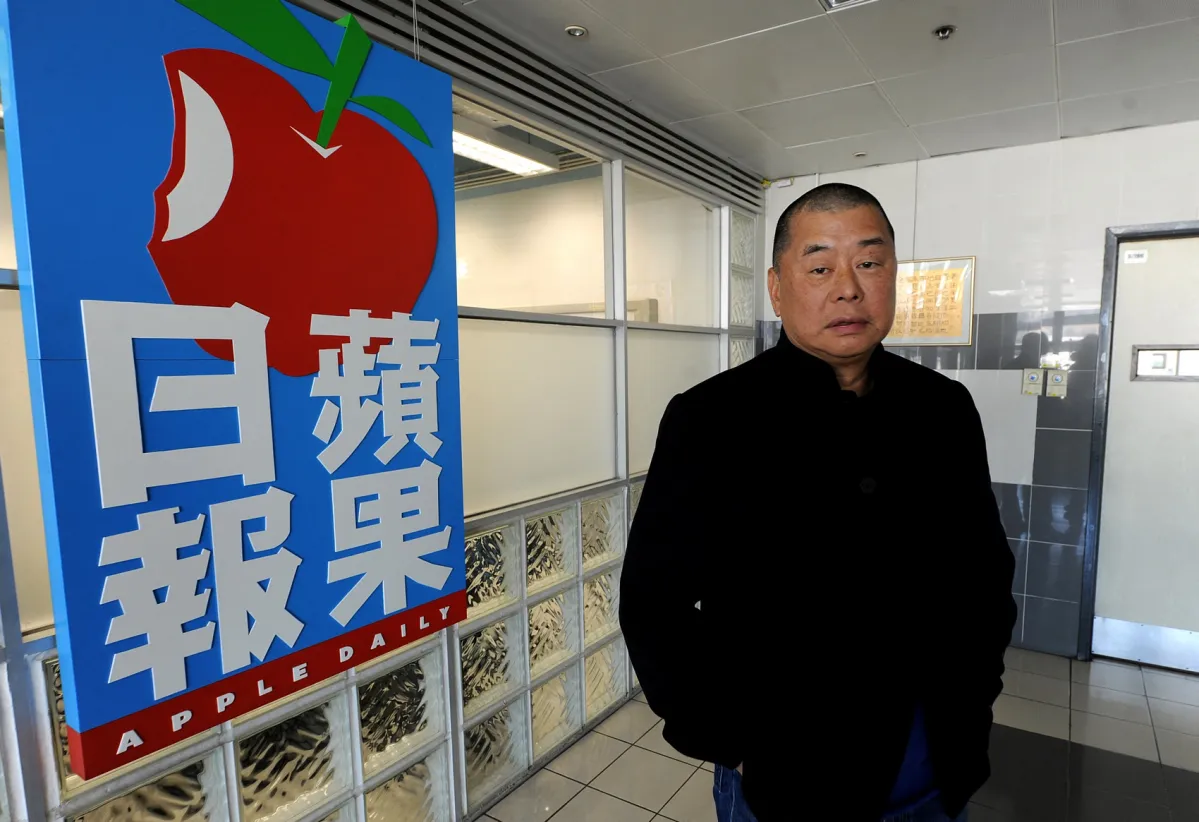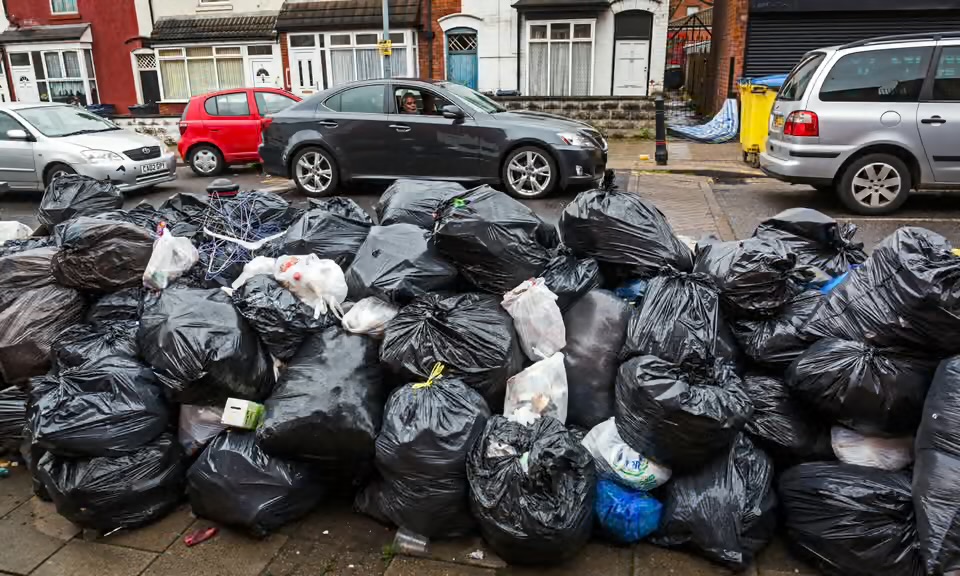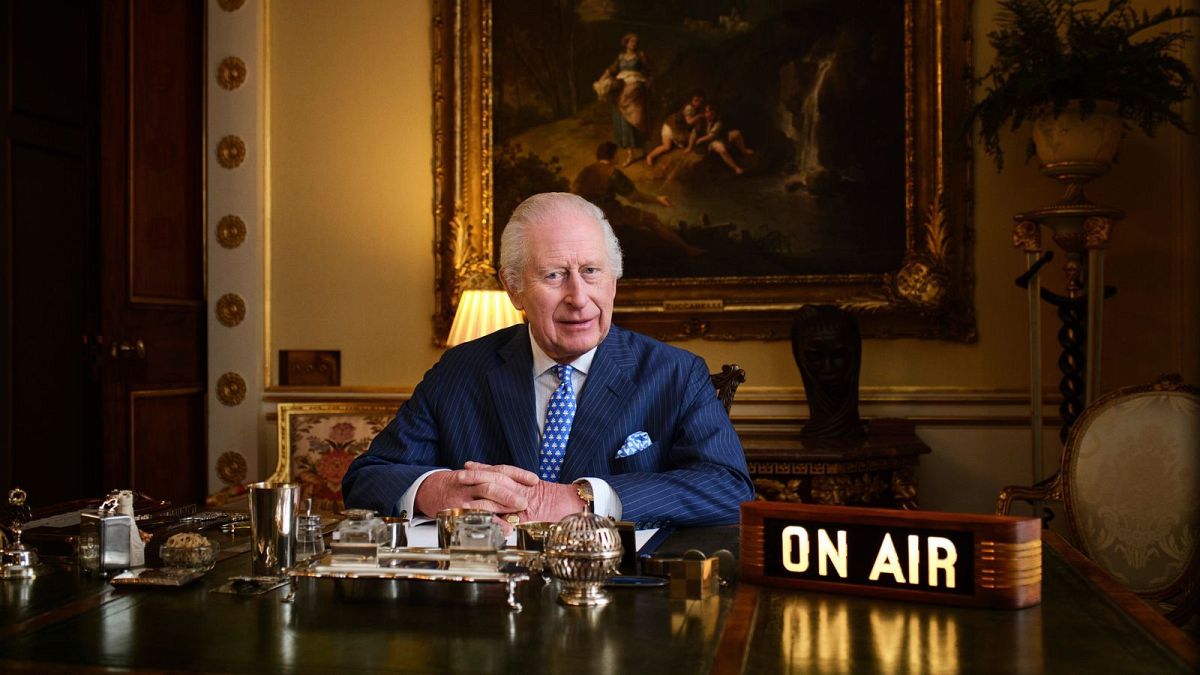On 2 April 2025, US President Donald Trump announced a sweeping tariff policy under the so-called “Liberation Day” initiative, imposing a 54% tariff on Chinese imports and cancelling duty-free exemptions for low-value packages from China and Hong Kong. While the move is aimed at strengthening domestic manufacturing, it has sparked widespread backlash both at home and abroad.
Impact on the UK and Hong Kong
The UK’s economic ties with both China and the US mean it could be caught in the crossfire of this trade dispute. British businesses reliant on Chinese imports may face increased costs, potentially leading to price hikes for consumers. Meanwhile, Hong Kong, as a re-export hub for Chinese goods, could see a decline in trade activities and logistics revenue.
Hong Kong’s e-commerce sector may be particularly hard-hit, as the removal of duty-free exemptions increases costs for direct-to-consumer sales in the US. Similarly, Hong Kong-based businesses exporting to America could struggle to remain competitive against domestic alternatives.
Domestic Opposition in the US
The tariff plan has triggered strong opposition within the US. Wall Street reacted negatively, with the S&P 500 dropping over 3% and Dow Jones futures falling by more than 2%, as investors feared economic instability.
US business leaders have also voiced concerns, warning that increased tariffs will lead to higher consumer prices and disrupt supply chains. The fashion industry, for instance, heavily depends on imports from Asia, including China (now facing 54% tariffs) and Vietnam (46%).
Democratic politicians have condemned the policy, with Senator Ron Wyden calling it “a tax on everything American families buy,” arguing that it will not revive domestic manufacturing nor ease financial burdens on working-class households.
Economists further caution that the tariffs could fuel inflation and slow economic growth, possibly leading to stagflation—a scenario where prices rise while economic growth stagnates.
Future Political and Economic Implications
The wider geopolitical ramifications of Trump’s trade war remain uncertain. With the US, EU, UK, and China all having different strategic interests, future negotiations could involve diplomatic manoeuvres to either escalate or de-escalate tensions.
Moreover, speculation is growing over whether Trump’s administration will extend sanctions to Hong Kong officials, particularly given the US Treasury’s recent sanctioning of former Hong Kong police chief Raymond Siu. The question now is whether his successor, Joe Wong, will “earn” the same “honour.”
As the economic and political landscape shifts, all eyes remain on how key global players—including the US, China, and its trading partners—will respond to this latest development.




